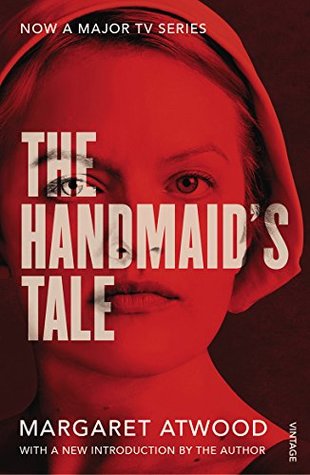Reviewed by Ashley on
- There's no more information in the book than the TV show. In fact, there's probably less. So if you're looking for more detail, you won't get any.
- It's written as a stream of consciousness. So we might get an entire page talking about what the garden looks like. Yawn.
- There's so little world building and practically zero backstory for anyone. Even the TV show had me itching for more detail and more history. The book had even less.
- There was nothing satisfying about the ending for two reasons:
1) It was fairly open ended.
2) Because the whole book barely skimmed the surface of anything, I never really came to care about the main character. I wasn't particularly bothered by anything that happened to her.
The TV show got me way more invested. There was more detail into the atrocities, which made me get outraged and thus care. There was more information about how the world got into that state (still not a ton, but more, at least). There was more exploration into Serena Joy's character, which made you see how insanely desperate she was to have a child, which added to the overall story.
If I hadn't watched the TV show prior to reading this book, I doubt I would have finished it. I would have been confused about what was happening, bored out of my mind, and felt like I had no reason to continue.
Reading updates
- 25 December, 2019: Started reading
- 28 December, 2019: Finished reading
- 28 December, 2019: Reviewed
